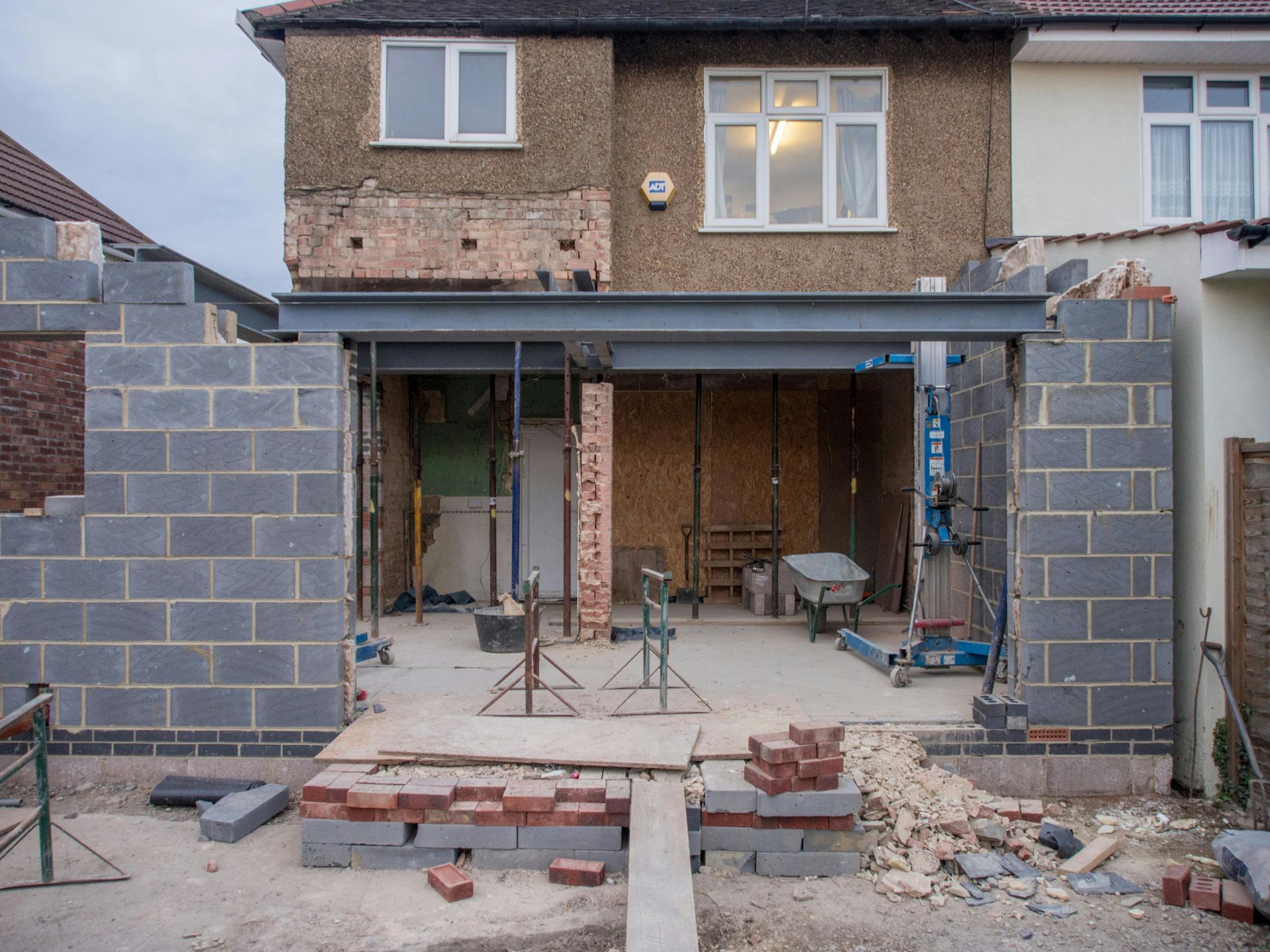Can You Get a Mortgage On a Property With a Lift or Shared Access in 2025?
Shared Access and Communal Lifts Can Raise Red Flags, But Most Mortgages Still Go Ahead If You Know What to Check
Why Shared Access and Lifts Matter to Lenders
Whether you’re buying a flat in a converted townhouse, a new-build block, or a maisonette, communal areas—especially shared lifts or shared entrances—can directly impact your ability to get a mortgage.
Lenders aren't just looking at the borrower and the price—they’re also assessing the long-term saleability, legal rights, and financial obligations attached to the property. If there’s no clarity on who owns or maintains the lift, or if access isn't legally protected, lenders may pull back.
Common Risks With Lifts and Shared Access in 2025
Buyers often assume that because many flats have shared spaces, lenders treat them as routine. That’s not always the case.
Here’s what can trigger a concern:
- No Formal Right of Access – If your flat can’t be legally accessed without crossing someone else’s land or common parts.
- Unclear Maintenance Obligations – For example, if there’s a lift but no sinking fund, service charge structure, or known management company.
- High-Risk Building Types – Properties in poorly managed blocks, or those with older lifts and no clear maintenance plan, are riskier to lenders.
- Ongoing Disputes – Legal disagreements between leaseholders or with the freeholder about repairs, noise, or costs can raise red flags.
These issues don't automatically block a mortgage, but they do impact lender appetite.
What Lenders Want to See
As of 2025, most mainstream mortgage lenders will still lend on properties with shared access or lifts—as long as the following conditions are met:
- Legal Right of Way or Access is clearly documented in the lease or title.
- Service Charges and Sinking Funds are clearly defined and appropriate.
- Management Company is in place and compliant with lease obligations.
- Lift Maintenance Schedule and Reserve Funds exist (especially for older buildings).
- Valuer Comments don’t indicate unusual risk or resaleability issues.
New-build flats and professionally managed blocks rarely face issues. Problems usually arise with converted buildings, period properties, or flats in poorly managed freeholds.
When to Be Extra Cautious
There are a few cases where extra scrutiny is needed:
- Freeholder Negligence – If the freeholder isn’t fulfilling obligations to repair or maintain the lift, the mortgage lender could reduce the valuation or refuse to lend.
- Section 20 Notices – If major works (e.g. replacing the lift) have been proposed but not yet billed, buyers could face unexpected costs—and lenders may want evidence of reserves.
- Right To Manage (RTM) Companies – These are increasingly common, and lenders usually accept them, but some may ask additional questions if leaseholders self-manage.
Should You Get Legal Advice Early?
Absolutely. If you're considering a property with shared access or a lift, raise this with your solicitor and broker early—especially if buying via auction or within tight deadlines.
Your solicitor should:
- Confirm access rights, maintenance responsibilities, and dispute history.
- Check for adequate insurance and reserve funds.
- Flag any restrictive covenants or lease limitations that may concern lenders.
Mortgage Broker Tip: Package the Case Correctly
At Willow Private Finance, we’ve seen cases fall apart due to poor presentation—not poor eligibility.
If your broker can explain the structure of the lease, provide the lender with the leasehold pack, and show the service charge is proportionate, most lenders will proceed without issue.
We also know which lenders are more pragmatic with flats in converted buildings, older lifts, or irregular service charge structures.
Related Blogs You May Find Helpful
- What To Know About Financing Unusual Properties in 2025
- Can You Get a Mortgage on a Property With a Short Lease in 2025?
- Financing Property With Non-Standard Construction in 2025
📞 Want Help Navigating Today’s Market?
Book a free strategy call with one of our mortgage specialists.
We’ll help you find the smartest way forward—whatever the lease or structure.
Important Information: Your home may be repossessed if you do not keep up repayments on your mortgage or any other loan secured on it.
The information contained in this article is for general guidance only and does not constitute advice. You should seek professional advice tailored to your personal circumstances before making any financial decisions.
Willow Private Finance Ltd is authorised and regulated by the Financial Conduct Authority. FCA number: 588422.










